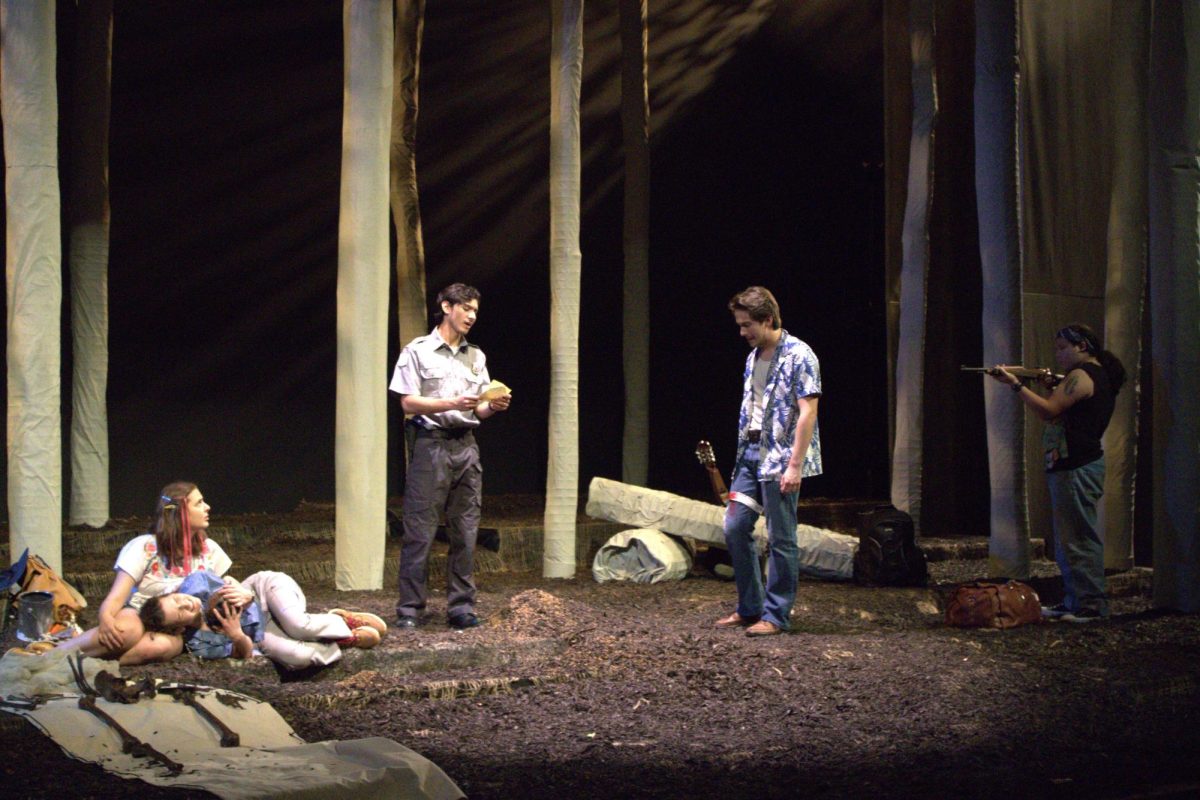When at the movies, I often feel like pulling a Patti LuPone. For the uninitiated, LuPone is one of Broadway’s reigning divas””and she was rarely more divalicious than when she famously stopped a show to lambaste a discourteous theatergoer. “Stahp taking pic-chahs! Who do yew think yew are?!”, LaLupone shrieked, expressing her fury in livid New Yorkese. These days, hardly a single trip to the cinema goes by where I don’t feel like shooting up out of my seat and shouting: “Stop texting! Stop SnapChatting! Stop real-chatting! WHO DO YOU THINK YOU ARE?”
But time and again I’ve refrained. I even held my tongue when the woman sitting behind me during “Man of Steel” told the man who politely shushed her to, and I quote, “Shut the hell up.” I did nothing but shake my head and think to myself, “Boy, do we have a problem.”
As I found out in the past month, I’m not the only writer who thinks so. This August, a little fracas broke out in one corner of the Internet over movie etiquette. The two major players were a pair of tech bloggers: Hunter Walk and Anil Dash.
Walk kicked off the debate by arguing that movie theaters should “segregate us into environments which meet our needs.” Those who want to play around on Pinterest mid-movie can file into the auditorium, and those who want to quietly watch every frame can file into theirs.
Dash, however, believes the solution is not to divvy up moviegoers but to get the more conservative ones to stop whining. “There are millions of people for whom…going to the movies in public is expected to be enthusiastic, not monastic,” he notes, telling those of us against moviegoing distractions that “your bullying hasn’t worked.”
These two blogs received plenty of responses, including ones from Elijah Wood and an online aggregate of the Atlantic Magazine. My own initial response was one of irritation. It takes some gall to suggest that movie theaters get to work satisfying the “needs” of multitaskers. Would anyone request a special Wi-Fi friendly ballet performance? And, contra Dash, I do not think many of us so-called snobs want a “monastic” movie-going experience. All we ask is that you react to the movie, not the text your BFFL sent you.
Reflecting on this entire debate, however, what I feel now is sadness. One of my favorite moviegoing experiences occurred when I went to see the 2007 film “Michael Clayton.” That night, not a single audience voice spoke over George Clooney’s, and not one ray of electronic light impaired my vision. Everyone laughed at once. Everyone fell silent at once. During the end credits, everyone applauded at once.
Moviegoing is not a religious activity, but communal filmgoing experiences like the one mentioned above have a transportive quality”“ they take you completely out of yourself and then return you, making you better or happier or smarter in the process. But this wondrous self-transcendence cannot occur if an iPhone screen is in the way.






